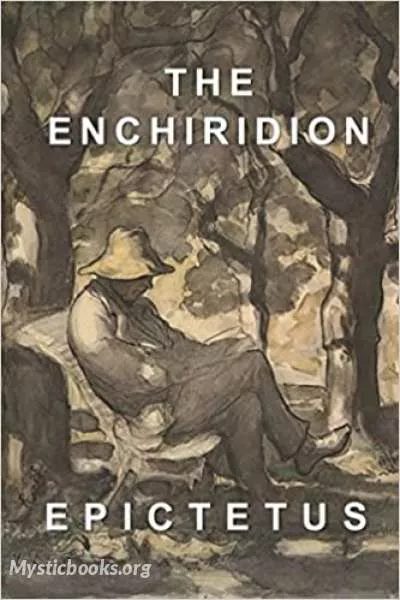
The Enchiridion
by Epictetus
'The Enchiridion' Summary
The work consists of fifty-three short chapters typically consisting of a paragraph or two. It was compiled sometime in the early 2nd-century. The 6th-century philosopher Simplicius, in his Commentary on the work, refers to a letter written by Arrian which prefaced the text. In this letter Arrian stated that the Enchiridion was selected from the Discourses of Epictetus according to what he considered to be most useful, most necessary, and most adapted to move people's minds. Around half of the material in the Enchiridion has been shown to have been derived from the surviving four books of Discourses but variously modified. Other parts are presumed to be derived from the lost Discourses. Some chapters appear to be reformulations of ideas which appear throughout the Discourses.
There are some puzzles concerning the inclusion of two chapters. Chapter 29 is practically word for word identical with Discourse iii. 15. Since it was omitted in one of the early Christian editions (Par), and not commented on by Simplicius, it may not have been in the original edition. Chapter 33 consists of a list of moral instructions, which are "not obviously related to Epictetus' normal Stoic framework."
The current division of the work into fifty-three chapters was first adopted by Johann Schweighäuser in his 1798 edition; earlier editions tended to divide the text into more chapters (especially splitting chapter 33). Gerard Boter in his 1999 critical edition keeps Schweighäuser's fifty-three chapters but splits chapters 5, 14, 19, and 48 into two parts.
Book Details
Language
EnglishOriginal Language
Koine GreekPublished In
125 CEAuthors
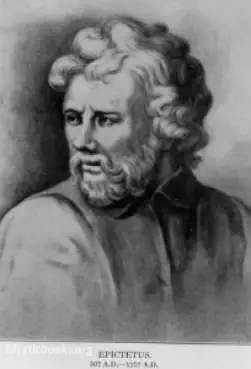
Epictetus
Greece
Epictetus was a Greek Stoic philosopher. He was born a slave at Hierapolis, Phrygia (present day Pamukkale, Turkey) and lived in Rome until his banishment, when he went to Nicopolis in northwestern Gr...
Books by EpictetusDownload eBooks
Listen/Download Audiobook
Related books
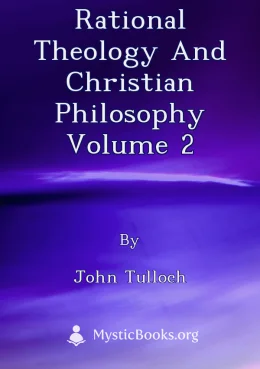
Rational Theology and Christian Philosophy volume 2 by John Tulloch
This volume delves into the intellectual landscape of 17th-century England, focusing on the Cambridge Platonists, a group of theologians known for the...
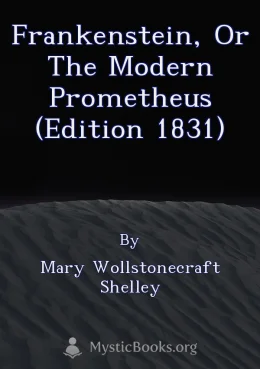
Frankenstein, or The Modern Prometheus (Edition 1831) by Mary Wollstonecraft Shelley
Frankenstein, or The Modern Prometheus is a gothic novel that explores the themes of scientific hubris, the nature of humanity, and the consequences o...

Discours sur les sciences et les arts by Jean-Jacques Rousseau
Le Discours sur les sciences et les arts est un texte de Jean-Jacques Rousseau écrit dans le cadre du concours de l’Académe de Dijon de 1750. Lauréat...

Song of Myself by Walt Whitman
Walt Whitman's "Song of Myself" is a sprawling and exuberant celebration of the American spirit and the human experience. Written in free verse, the p...
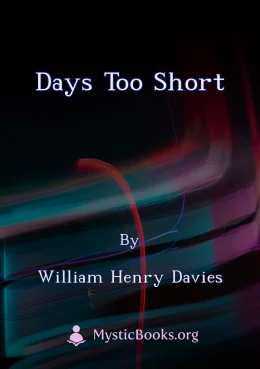
Days Too Short by William Henry Davies
Days Too Short is a collection of poems by William H. Davies that explores the themes of nature, life, love, loss, memory, hope, beauty, transience, a...
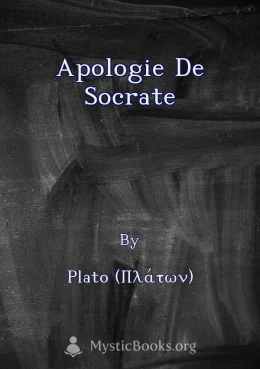
Apologie de Socrate by Plato (Πλάτων)
« Je ne sais, Athéniens, quelle impression mes accusateurs ont faite sur vous. Pour moi, en les entendant, peu s’en est fallu que je ne me méconnusse...

Lyrics from the Chinese by Helen Waddell
This book presents a selection of thirty-six short Chinese poems from the 12th to the 7th Century B.C., translated into English by the Irish poet Hele...
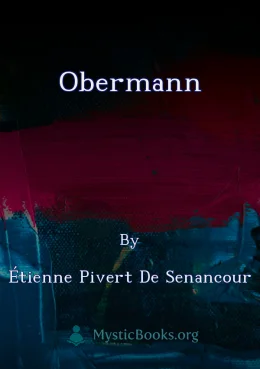
Obermann by Étienne Pivert de Senancour
Étienne Pivert de Senancour's *Obermann* is an epistolary novel in the form of a personal journal, delving into the inner world of its protagonist, Ob...
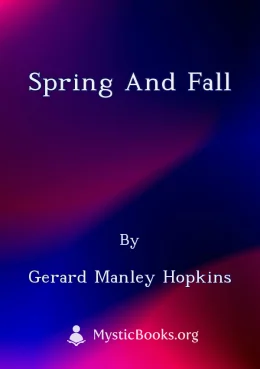
Spring and Fall by Gerard Manley Hopkins
LibriVox volunteers bring you eleven different recordings of Spring and Fall, by Gerard Manley Hopkins. This was the weekly poetry project for the wee...
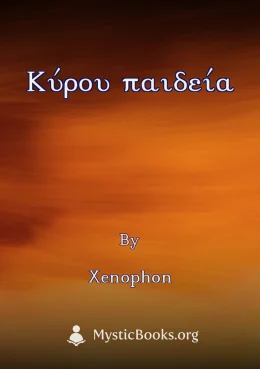
Κύρου παιδεία by Xenophon
The *Cyropaedia* is a work of historical fiction written by Xenophon, a Greek historian and soldier, that purports to tell the story of Cyrus the Grea...
Reviews for The Enchiridion
No reviews posted or approved, yet...